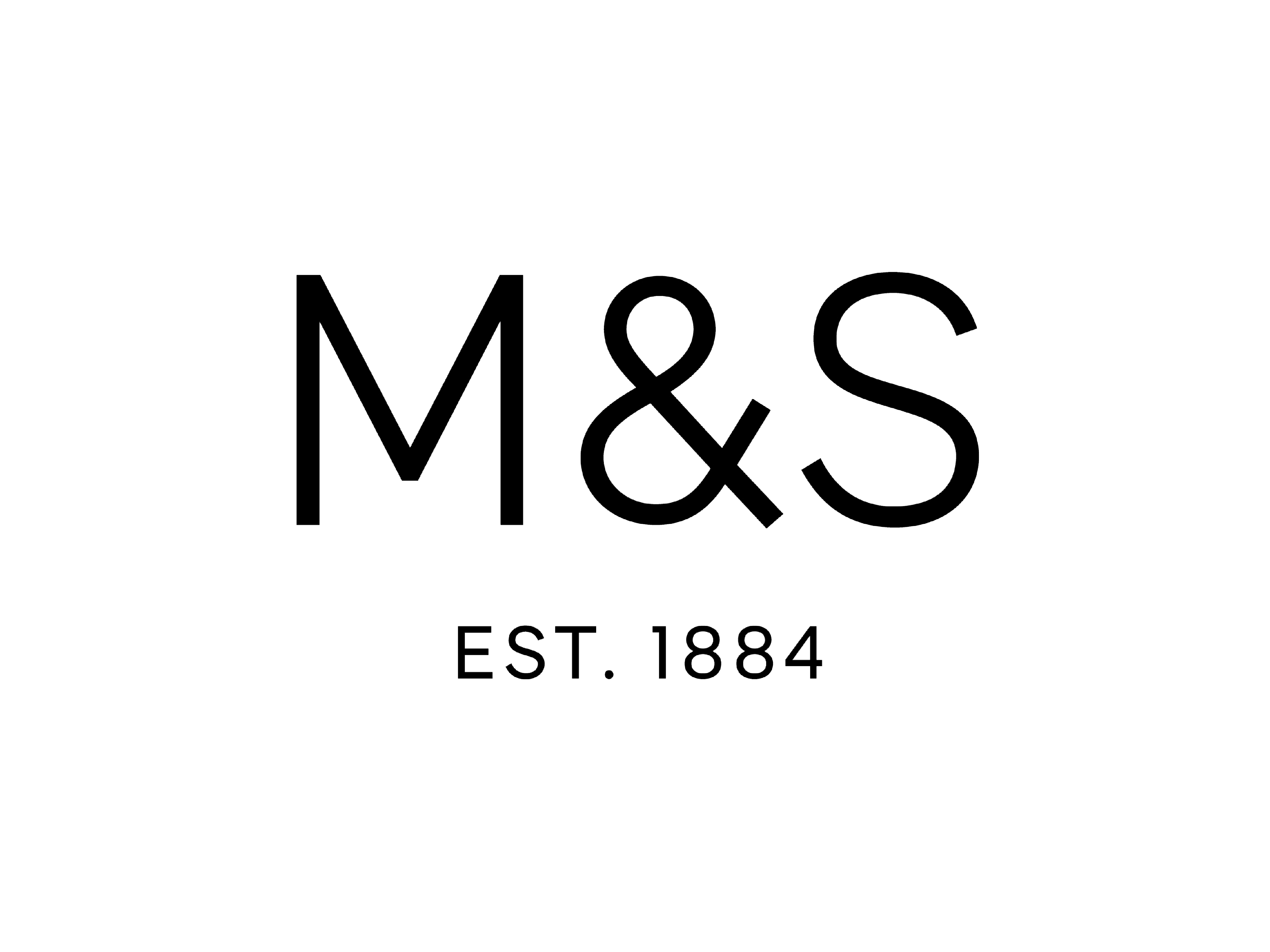Like-for-like (LFL) sales at JD Wetherspoon reached record levels in its first quarter, increasing by 5.9% year-on-year.
The pub chain said that in the year to date, sales have increased by 4.6%, which is lower than LFL sales.
Wetherspoons said that this was a result of a small number of pub disposals. In the 14 weeks to 3 November, it saw bar and food sales increase by 5.7% respectively, while slot and fruit machines jumped by 13.5%.
However, the pub chain said that following rises in business costs and taxes in the Autumn Budget, its costs are set to rise by £60m in the 2025 calendar year.
This includes an estimated 67% increase in National Insurance contributions.
Chairman at Wetherspoons, Tim Martin, said: "The company achieved record sales in the 14-week period and staff retention continues to be at high levels. Cost inflation, which had jumped to elevated levels in 2022, slowly abated in the following two years, but has now jumped substantially again following the Budget.
"All hospitality businesses, we believe, plan to increase prices, as a result. Wetherspoon will, as always, make every attempt to stay as competitive as possible. The company is confident of a reasonable outcome for the year, although forecasting is more difficult given the extent of the increased costs."
In the year to date, the company has opened two new pubs in Marlow, Buckinghamshire and at London Waterloo station.
It plans to open nine more pubs, including at London Bridge station, Fulham Broadway underground station and Manchester airport.
Investment director at AJ Bell, Russ Mould, concluded: "Wetherspoons may be feeling the squeeze on costs but sales are doing quite nicely. Unsurprisingly, the company has quite a lot to say about the Budget and it’s clear that any benefit from a cut in draught duty will quickly be swallowed up by higher staffing costs as the impact of the National Insurance changes and increase in the national living wage bite.
"The company continues to do well in an environment when its low-cost credentials for food and drink remain in high demand, handily outperforming the wider industry. It is opening new sites and there are reasons for optimism despite the hit from cost inflation. The test will be how much of the extra costs the company can pass on, without diluting demand."
© 2019 Perspective Publishing Privacy & Cookies









Recent Stories